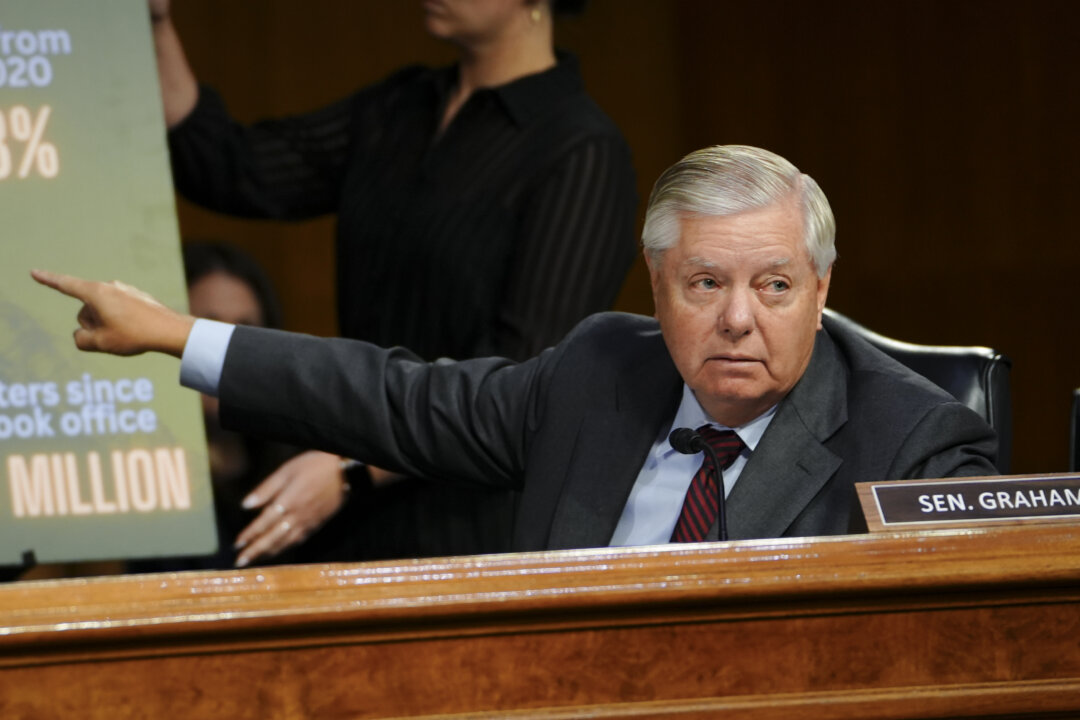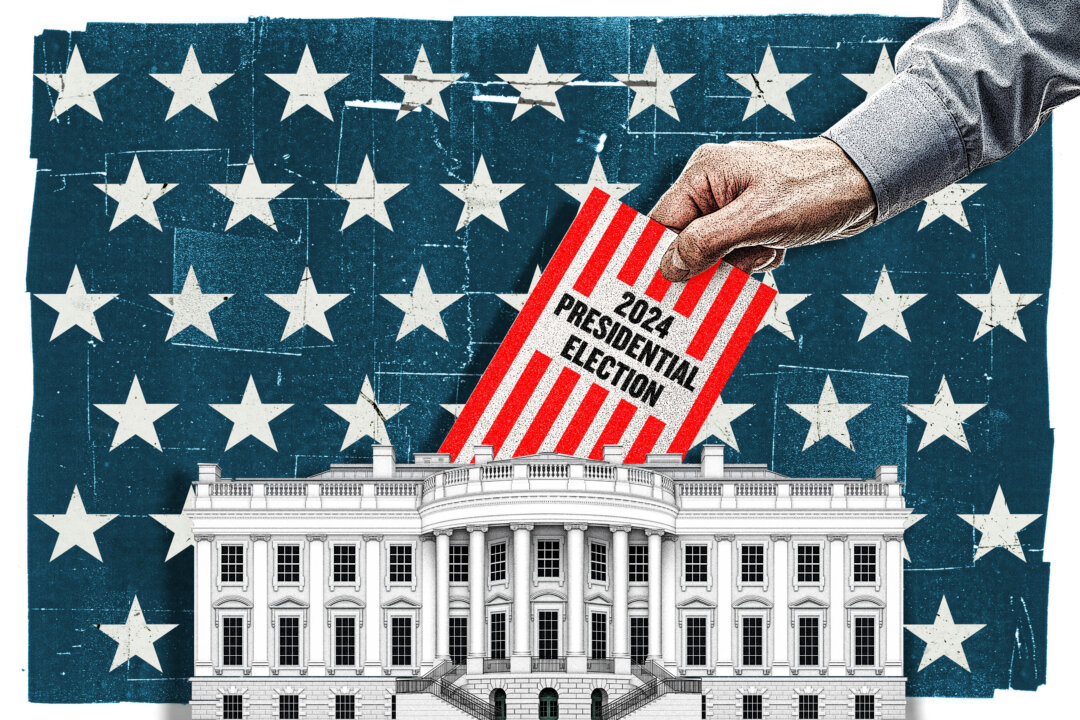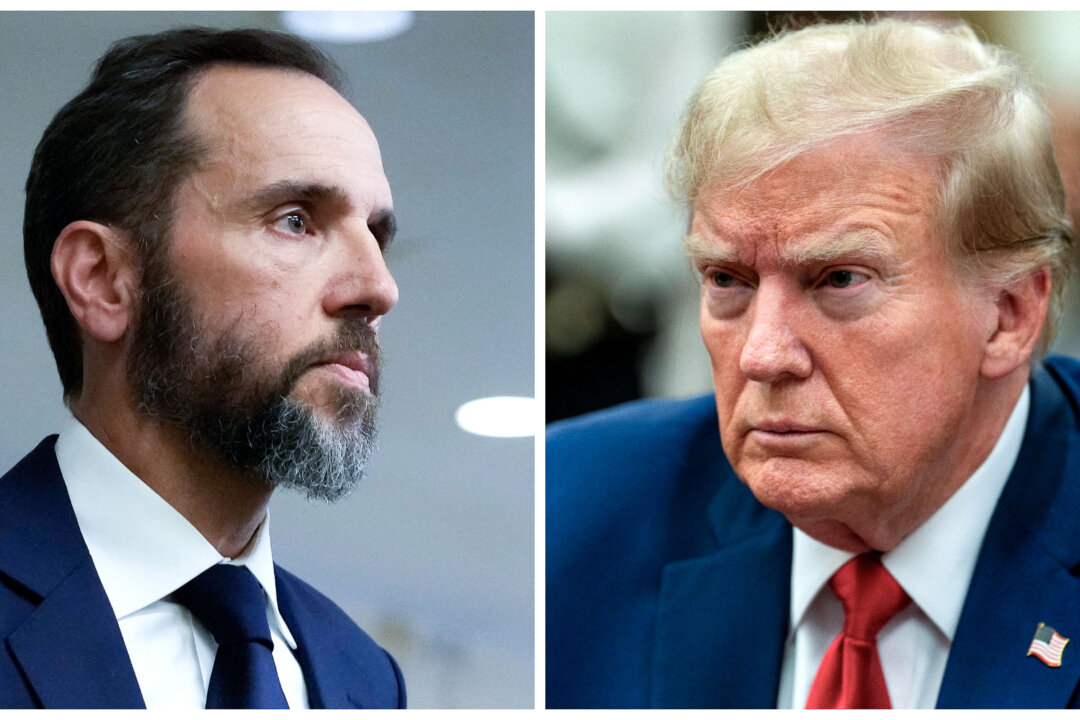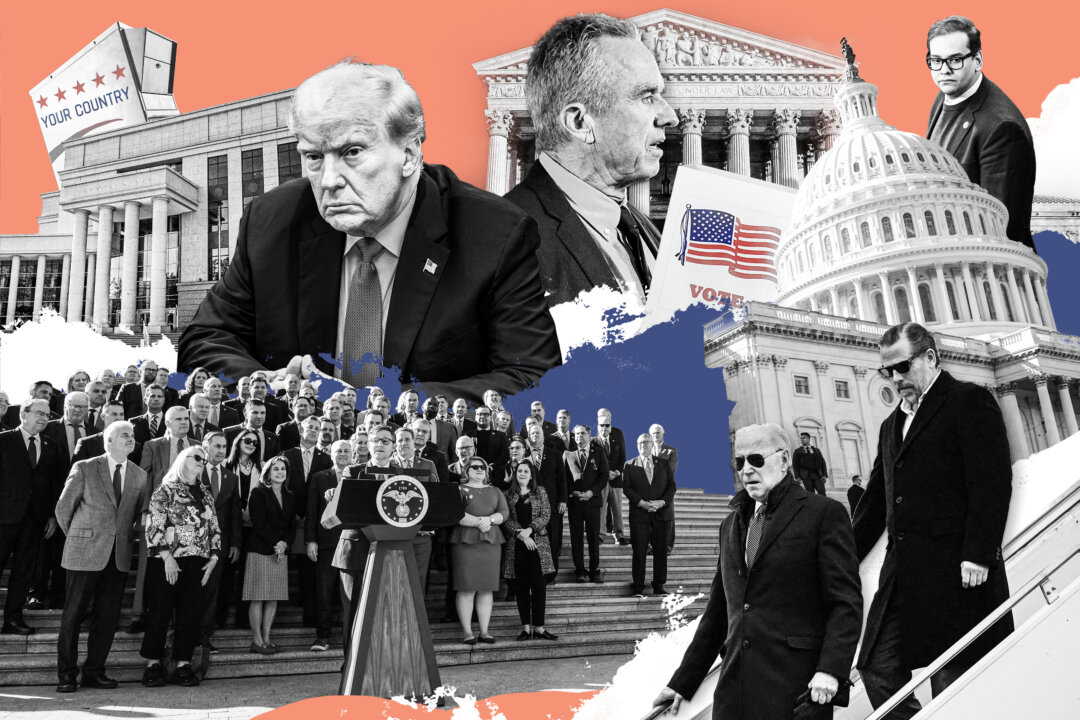Former President Donald Trump has publicly denounced Ohio Governor Mike DeWine after DeWine vetoed a state bill aimed at banning transgender surgeries on minors. Trump expressed his disdain for the governor, declaring he will no longer be associated with DeWine, whom he referred to as a “stiff.”
He criticized DeWine for succumbing to the “Radical Left” and questioned the governor’s judgment in vetoing the bill. Trump highlighted the implications of the legislation, emphasizing that it aimed to prevent “child mutilation” and the participation of men in women’s sports. He urged the legislature to overturn the veto promptly.
The bill, known as HB 68 or the Saving Ohio Adolescents from Experimentation (SAFE) Act, sought to prohibit physicians from performing gender reassignment procedures on minors. Additionally, it proposed restrictions on prescribing puberty blockers or cross-sex hormones to children, as well as measures to prevent males from participating in female sports in high schools and colleges.
In a press conference on Dec. 29, Governor DeWine justified his decision to veto the bill, citing consultations with families and children’s hospitals. He defended his stance by emphasizing the importance of parental rights and personalized medical decisions for children.
DeWine’s veto has sparked mixed reactions, with pro-LGBT groups hailing the decision as a victory and conservative voices expressing disappointment and criticism. Florida Governor Ron DeSantis urged the Ohio legislature to override the veto, echoing the concerns raised by Trump regarding equity in sports and the permanent nature of gender treatments for minors.
The veto has ignited a debate among legislators, with proponents of the bill pointing to its potential to safeguard children and families, and opponents arguing that it infringes on essential freedoms and individualized medical care.
The rift between Trump and DeWine is especially notable, given their past alliance and mutual support in various election campaigns. The diverging views on the transgender surgeries bill reflect broader ideological divisions within the Republican party and the broader political landscape.
Amid the polarized responses to the veto, advocates on both sides are mobilizing efforts to advance their respective positions. With Republicans holding a strong majority in the Ohio legislature, the possibility of an override remains a focal point of discussion and speculation.
The veto has also raised questions about the influence of special interest groups, particularly the Ohio Children’s Hospital Association (OCHA), which reportedly lobbied against the bill and has made substantial donations to Governor DeWine. This has elicited concerns about potential conflicts of interest and the role of financial contributions in shaping legislative decisions.
As the controversy continues to unfold, the veto of the transgender surgeries bill underscores the complexities of navigating issues related to gender identity, parental rights, and medical ethics within the realm of legal and legislative frameworks. The enduring debates and consequences surrounding this issue further underscore the ongoing challenges of reconciling divergent perspectives and interests in contemporary society.




